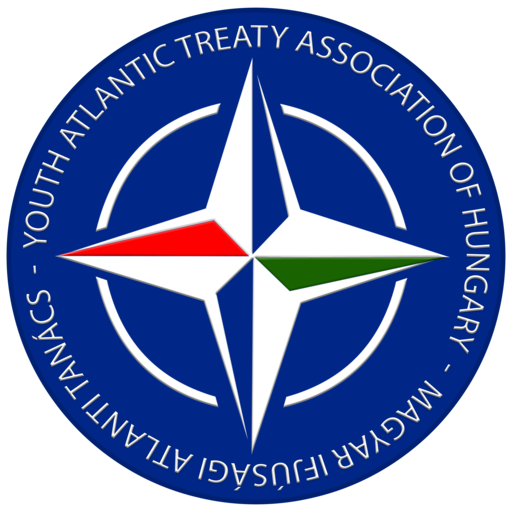02th -04th December 2019
On the 4th of December 2019, the third NATO Engages was organised by the NATO Public Diplomacy Division. It was the official sideshow of the NATO summit, where Félix Á. Debrenti and Boglárka Rusz represented the Hungarian Atlantic Council and the Youth Atlantic Treaty Association of Hungary.
The main goal of the event was to provide a platform, where the youth of NATO member states discuss the challenges faced by the Alliance, and the potential reactions to counter them. Furthermore, the youth had the chance to meet and ask from the heads of NATO, heads of states, state secretaries, and other leaders and experts during the event. The NATO summit of 2019 and the NATO Engages were prominent events due to NATO’s 70 anniversary.
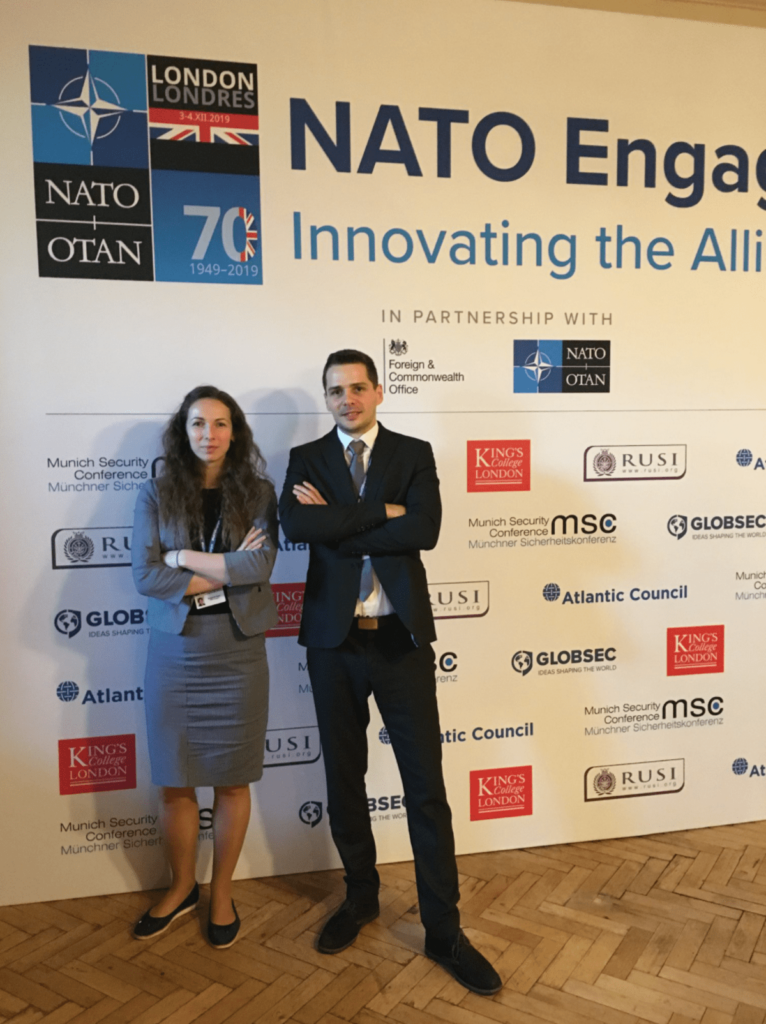
The event was placed at the Central Hall Westminster where the roundtable discussions, and lectures were held between 9 am and 6 pm. Ben Wallace, the defence state secretary of the United Kingdom, kept the opening speech of the event. In his speech, he suggested some reforms in relation to NATO. The opening speech was followed by “The role of NATO in a challenging world? Adaptation in the great-power competition at the new world order” roundtable discussion.
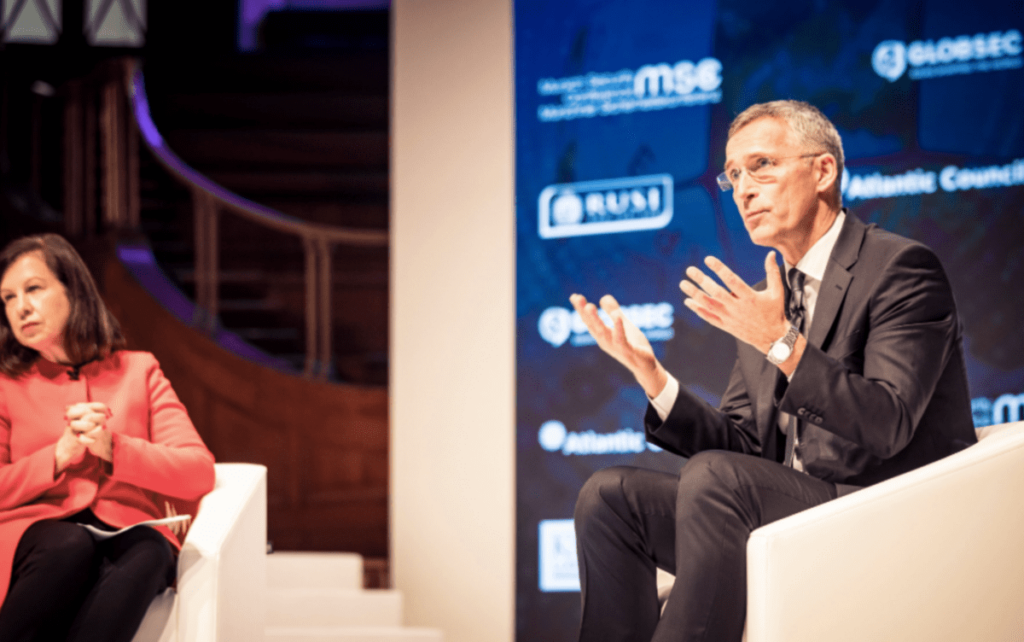
Later, a high-level conversation took place in terms of “defence and deterrence in a new area”. The panelists were Andrzej Duda, President of Poland, and Zoran Zaev, Prime minister of North-Macedonia. As the next phase of the event, NATO Secretary General Jens Stoltenberg answered the questions of the youth, who had the opportunity to ask.
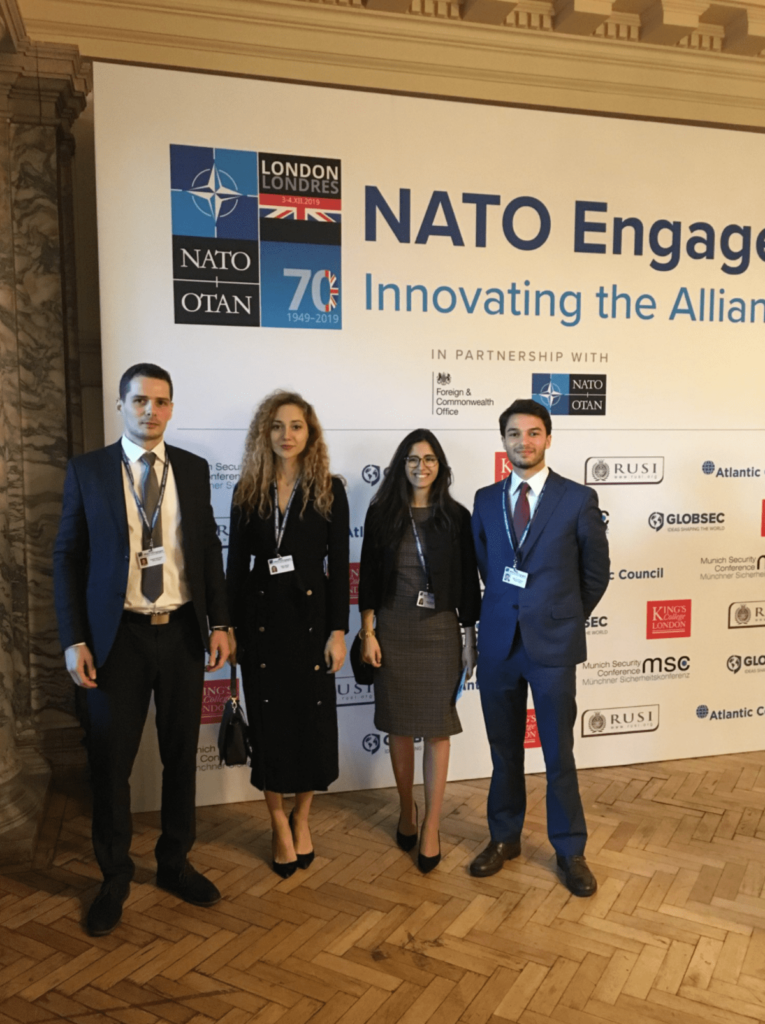
During the afternoon, the panel discussions continued. First of all, university students presented a crisis situation that simulated NATO’s reaction to a natural disaster. Afterwards, Lord George Robertson, former Secretary General of NATO, held a presentation about invoking Article 5 in 2001.
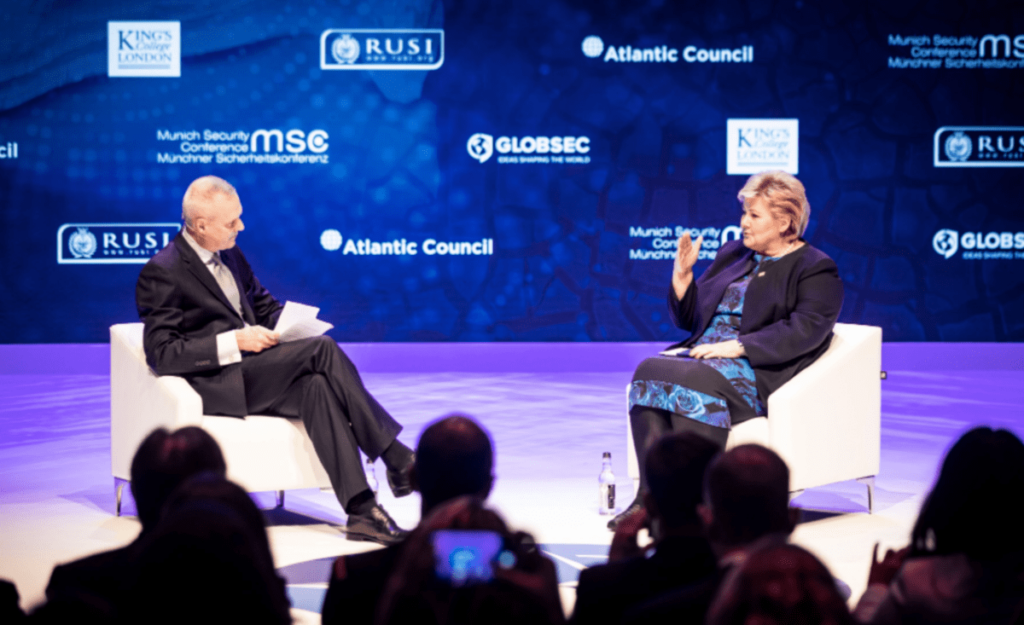
André Lanata, the commander of the NATO Allied Transformation, participated in a panel discussion, then Prime Minister of Norway Erna Solberg talked about the importance of climate security and its effects on daily life. This lecture was followed by Micrea Geoana’s lecture, Deputy Secretary General of NATO. He analysed the regime change and the security challenges of the last 30 years.
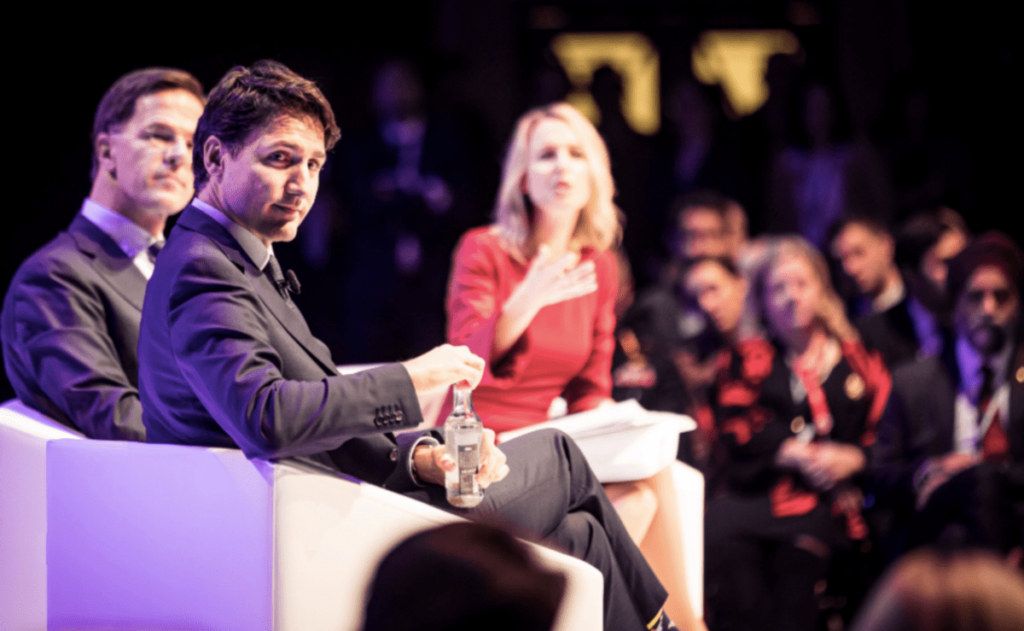
The next panel discussion may have been the most interesting one of the day, where Prime Minister of Canada Justin Trudeau and Prime Minister of the Netherlands Mark Rutte were the panellists. The panel discussion did not have any given topics. The prime ministers were simply talking about several security policy events such as the slush ice of North Pole, which has caused a territorial occupation competition between states. It has raised serious questions about the relationships of NATO with third countries (Russia, China).
In another important roundtable discussion, ministers of defence and foreign affairs participated. The panellists were Nicolae Cicua, Romanian Minister of Defence, Raimundas Karblis, Latvian Minister of Defence, Jüri Luik, Estonian Minister of Defence, Vladim Prystaiko, Ukrainian Minister of Foreign Affairs, and David Zalkaliani, Georgian Minister of Foreign Affairs. The main line of the discussion was the challenges at the Eastern boundary of NATO from the Baltic Sea to the Black Sea.
During the day, various lectures and programs were held with respected politicians, experts, heads of institutes and performers. Full program is available via this link: https://nato-engages.org/london-2019/
Translated by Norbert Szépvölgyi
